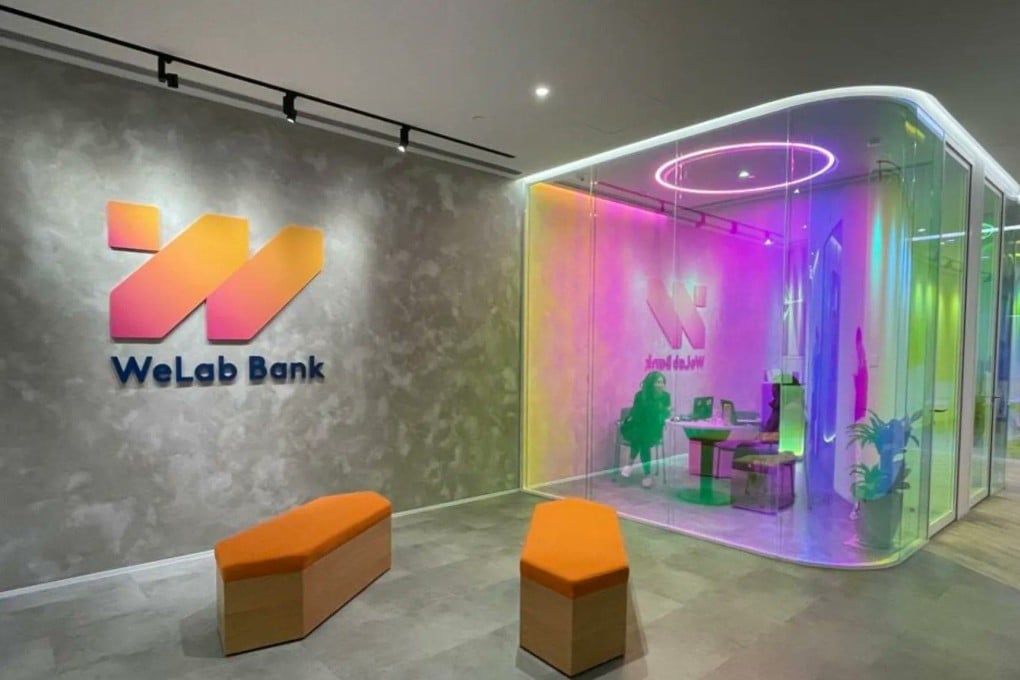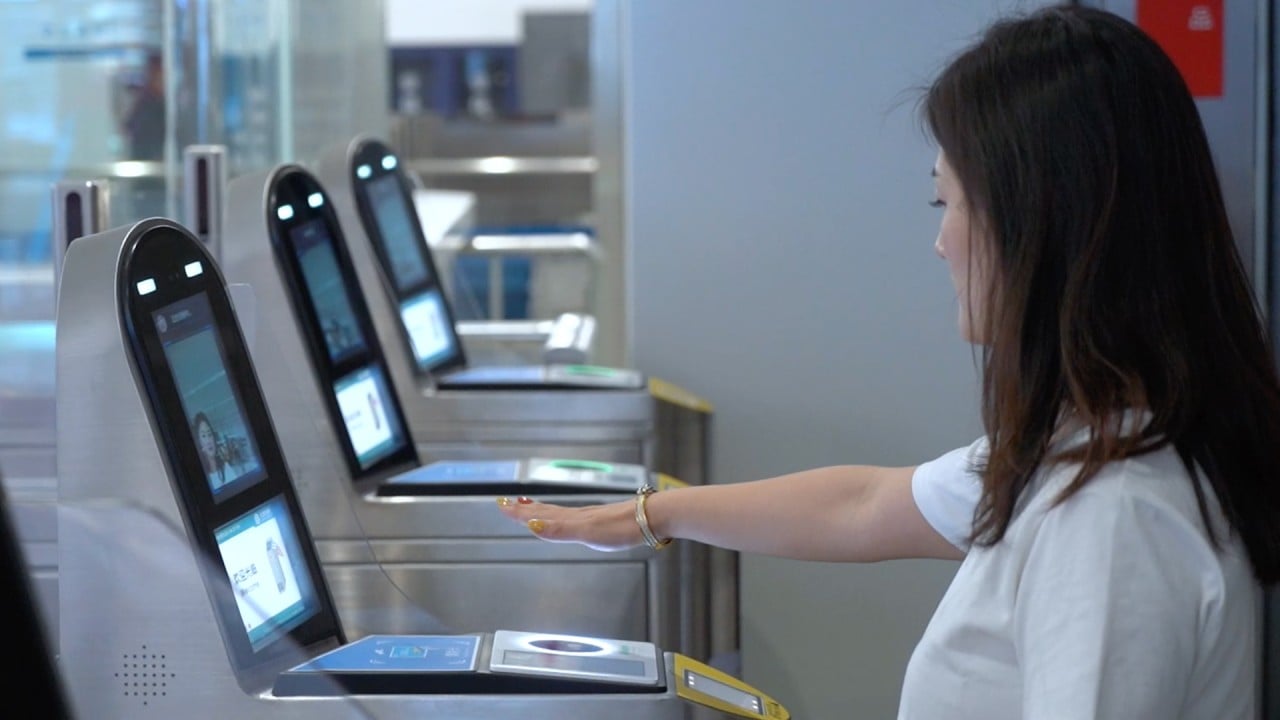Advertisement
Hong Kong’s WeLab eyes Southeast Asia digital banks, exporting tech services as new growth engines
- ‘With about 700 million people creating strong demand for financial technology’, the region will be a growth engine for WeLab, says CEO
Reading Time:2 minutes
Why you can trust SCMP
1

WeLab, a Hong Kong-based fintech unicorn backed by billionaire Li Ka-shing, is exploring the idea of setting up digital banks across Southeast Asia and providing its technology services to conglomerates in Malaysia, Vietnam, Thailand and the Philippines.
Advertisement
The expansion plan forms part of the target the company set last year to grow its users to 500 million by 2032, according to founder Simon Loong.
“WeLab is actively exploring different opportunities in Southeast Asia markets by applying for new licences, forming partnerships with other companies and selling our technology services to other companies,” Loong said in a media briefing on Tuesday.
“With about 700 million people in Southeast Asia creating strong demand for financial technology, we believe the expansion of our digital banking services and technology export services will be the key growth engine for WeLab.”
Last August the start-up signed an agreement with HSBC to explore a partnership in Malaysia that would allow WeLab to provide its technology support to the lender’s Malaysian units.
The group’s new digital bank in Indonesia, Bank Saqu, has secured a million users since its launch in November.

Advertisement
